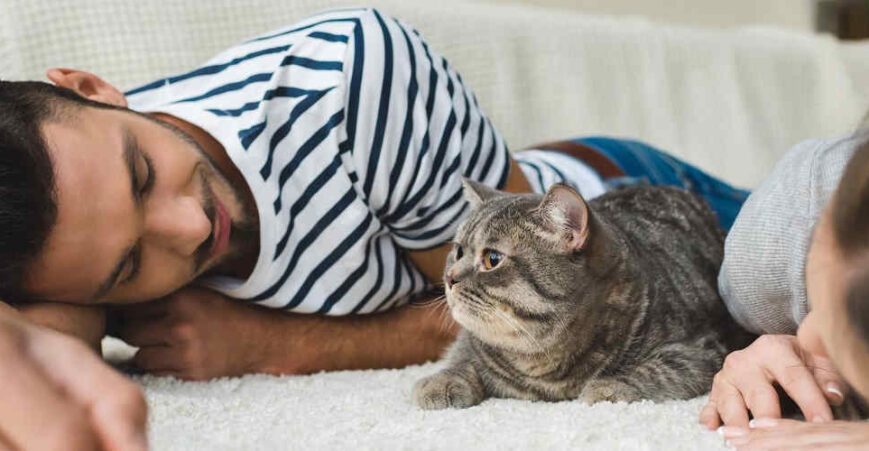When any couple is going through divorce proceedings the work their family lawyer has to do will very much depend on whether the couple in question are able to agree on the terms of their divorce, or whether they cannot agree, and then the family court has to make the decisions for them. If it is the former scenario then a family lawyer will merely need to draw up the divorce agreement and send it for approval by the family court.
If agreement cannot be reached, then there are several areas of dispute which might exist. The most common are arrangements for any children of the two parents who are divorcing, and the property settlement where the assets and liabilities are divided. There is another area of dispute that is one which does not normally hit the headlines but when it occurs can cause more friction between a divorcing couple than any other, and that is who gets to keep the family pet or pets.
For anyone who has never owned a pet having just read that last sentence, your eyebrows might be raised in astonishment that a pet could cause such problems during a divorce process, however, as any pet owner will tell you, emotional attachments to pets can be very strong. The mere thought that an ex-spouse or partner will take that pet away from them, can induce a person to fight as hard as possible to prevent that from happening.
One of the problems of a divorcing couple disagreeing over gets so-called ‘custody’ of their pet(s) is that the legislation upon which all divorces are determined, the Family Law Act of 1975, has no provisions as to what happens with pets when a couple divorce. Children, yes. Property and assets, yes. But as for pets, there is nothing upon which a family lawyer or even court can refer to in order to establish the grounds for an agreement over a pet.
This genuinely causes a great deal of angst, not just for the couple, but we dare say for their respective family lawyers too. The couple will justifiably claim that they love the ire pet every much as the other does, they may point to the fact that they cared for the pet in terms of feeding, walks, trips to vet etc., and they may even try and provide evidence to back up their claims.
Claiming custody of a pet, in the same way you might do so for a child, regardless of what justification and person may feel they have, can only be granted if the other party to the divorce agrees. In truth, any agreement would not actually use the term ‘custody’ for a very simple reason.
As the Family Law Act has no provision for what happens to pets, in effect it means that pets are regarded as property and thus ‘ownership’ is the more appropriate legal term rather than ‘custody’. This means that a pet is seen in legal terms to have the same status as the sofa or the antique table the couple may have received as a wedding gift from a friend. That might seem somewhat unfair in the pet, but that is the legal position.
If an agreement can be reached, it can include a provision that the pet or pets in question share the pet, although, from an animal welfare point of view, this may not be ideal. Whilst it may be okay for a budgie or a goldfish, moving a pet like a dog or a cat from home to home on a regular basis may cause them real confusion.
Ultimately, if no agreement can be reached it will fall to the Family Court to make a decision on where the pet will live. It will assess each individual’s circumstances with regards to their accommodation, working arrangements, and finances. If the divorcing couple has children, the Family Court may take the view that it would be best for the pet to remain with them, as much for the children’s benefit rather than the pet’s or their parents’ benefit.


